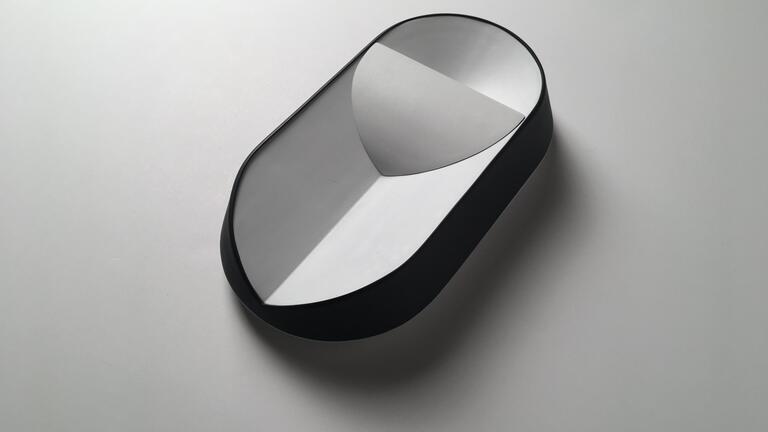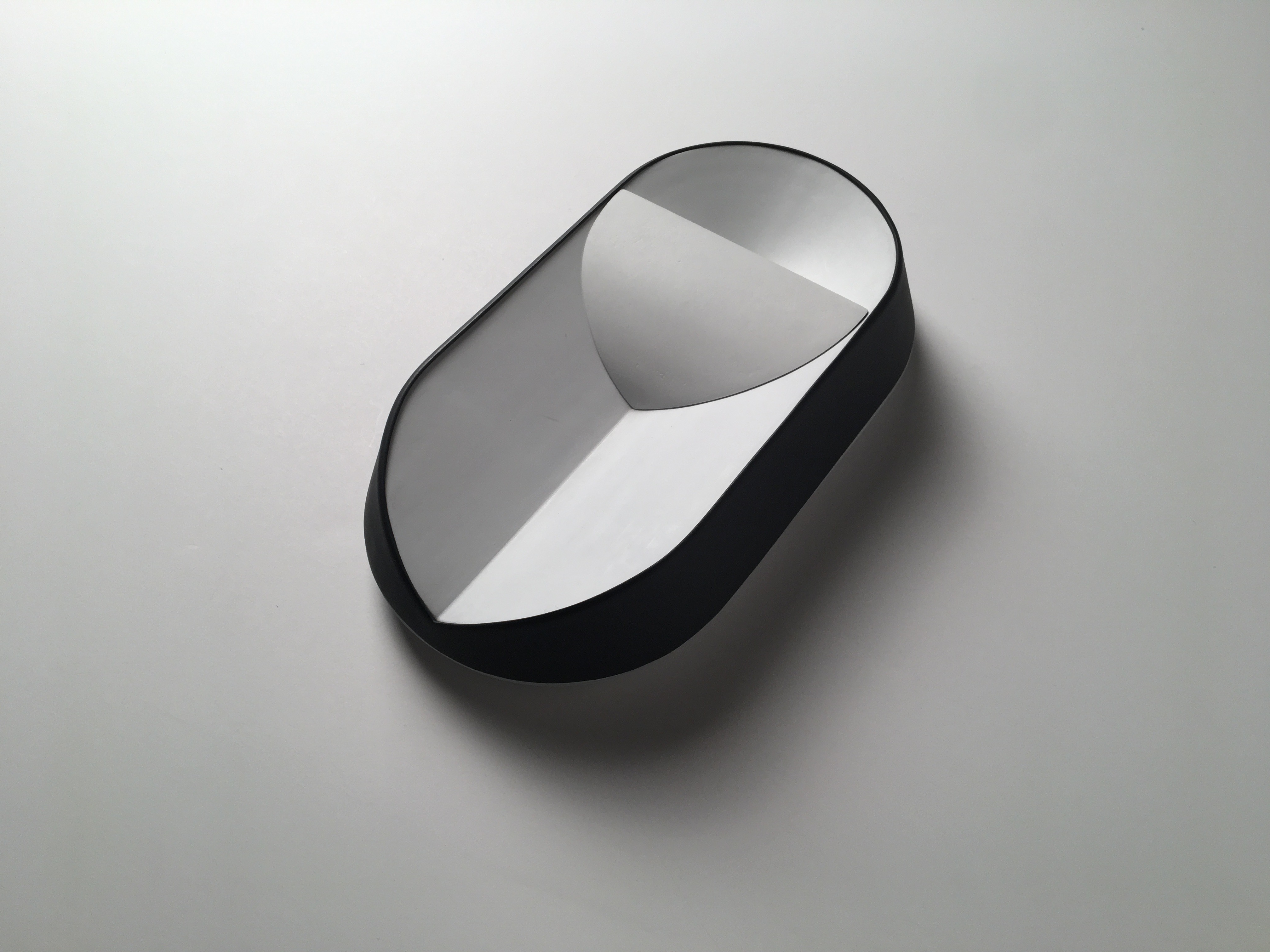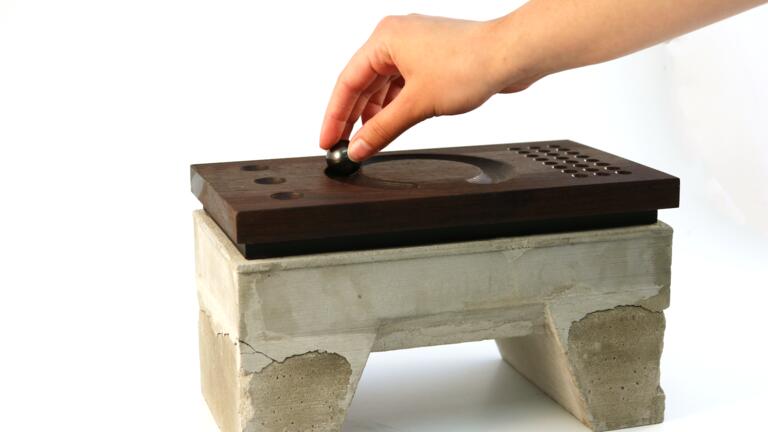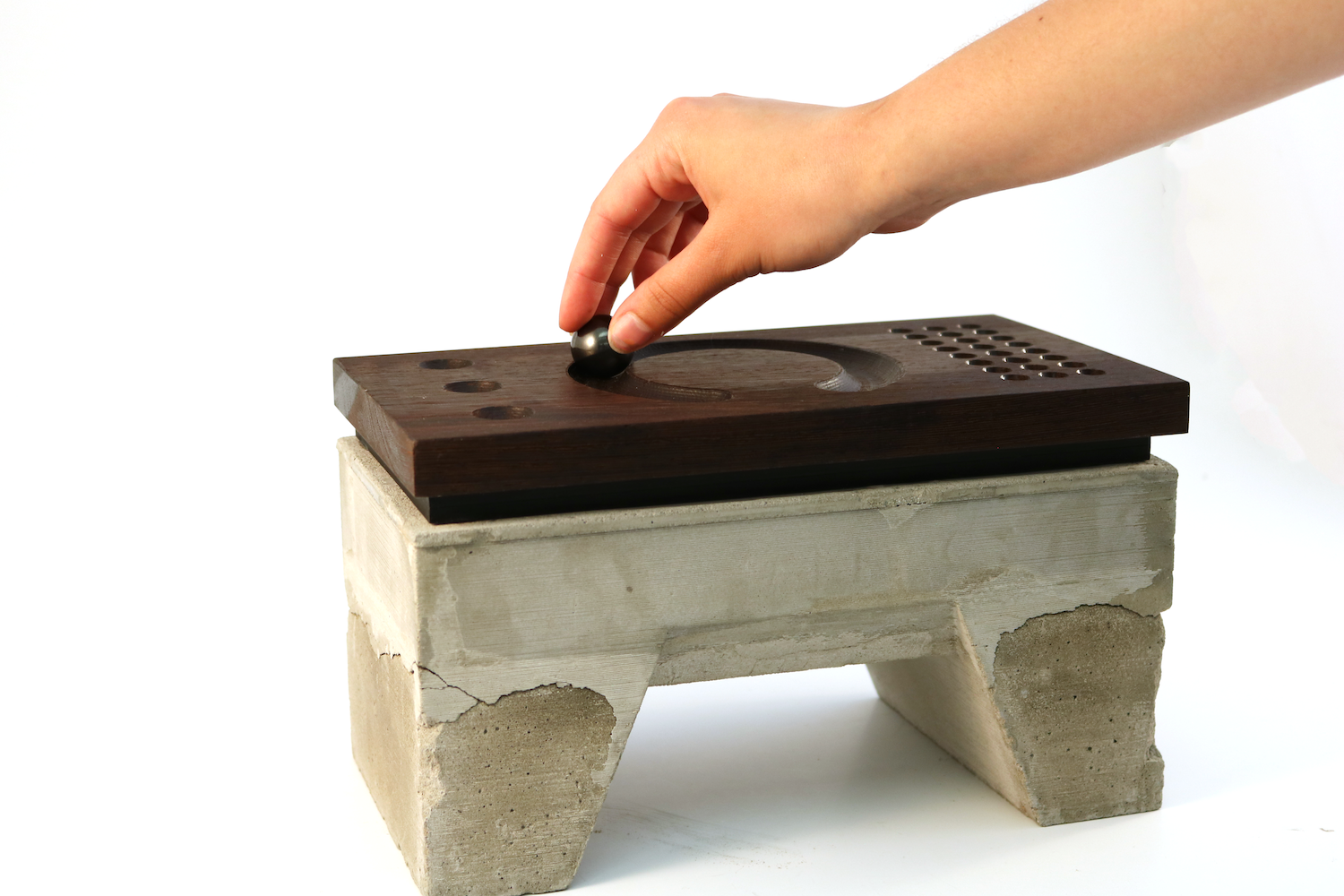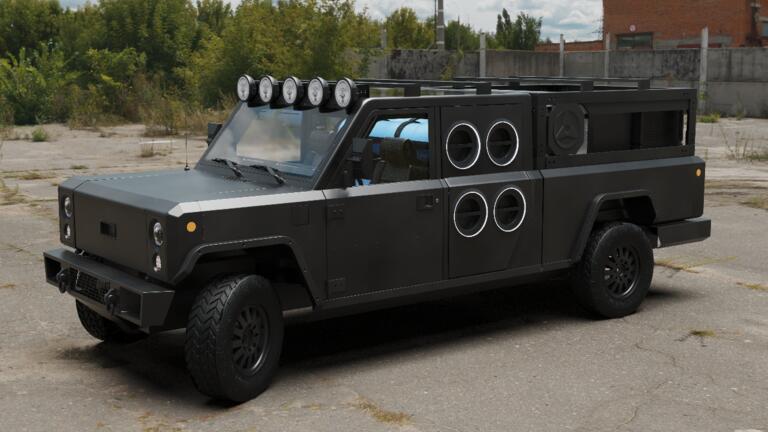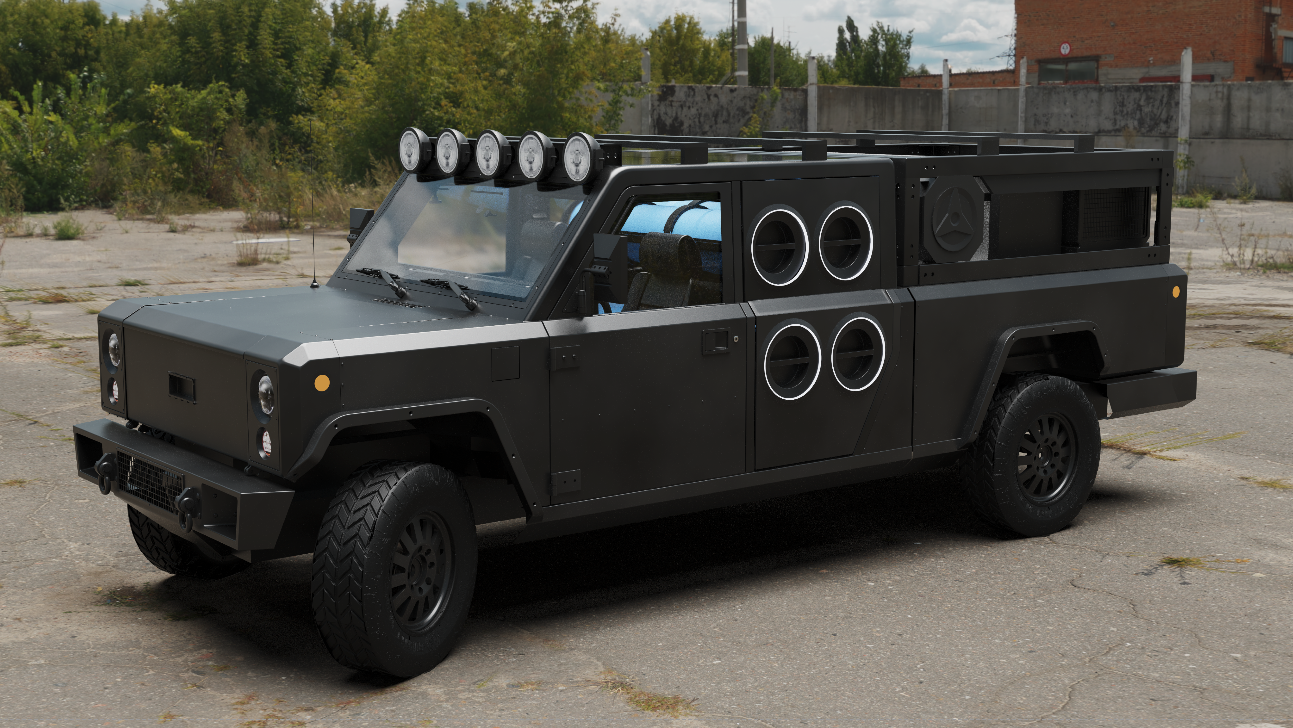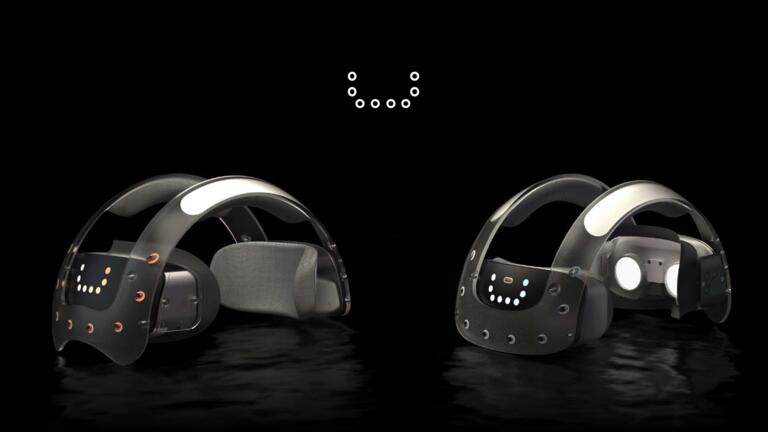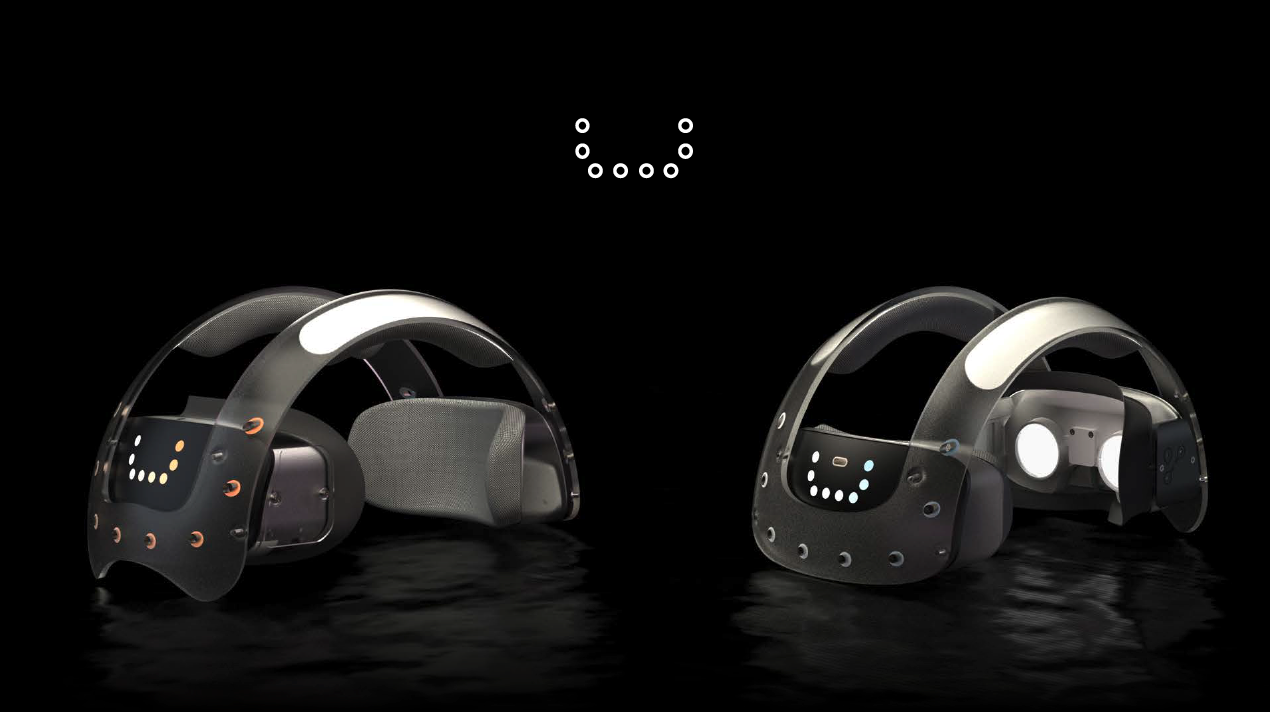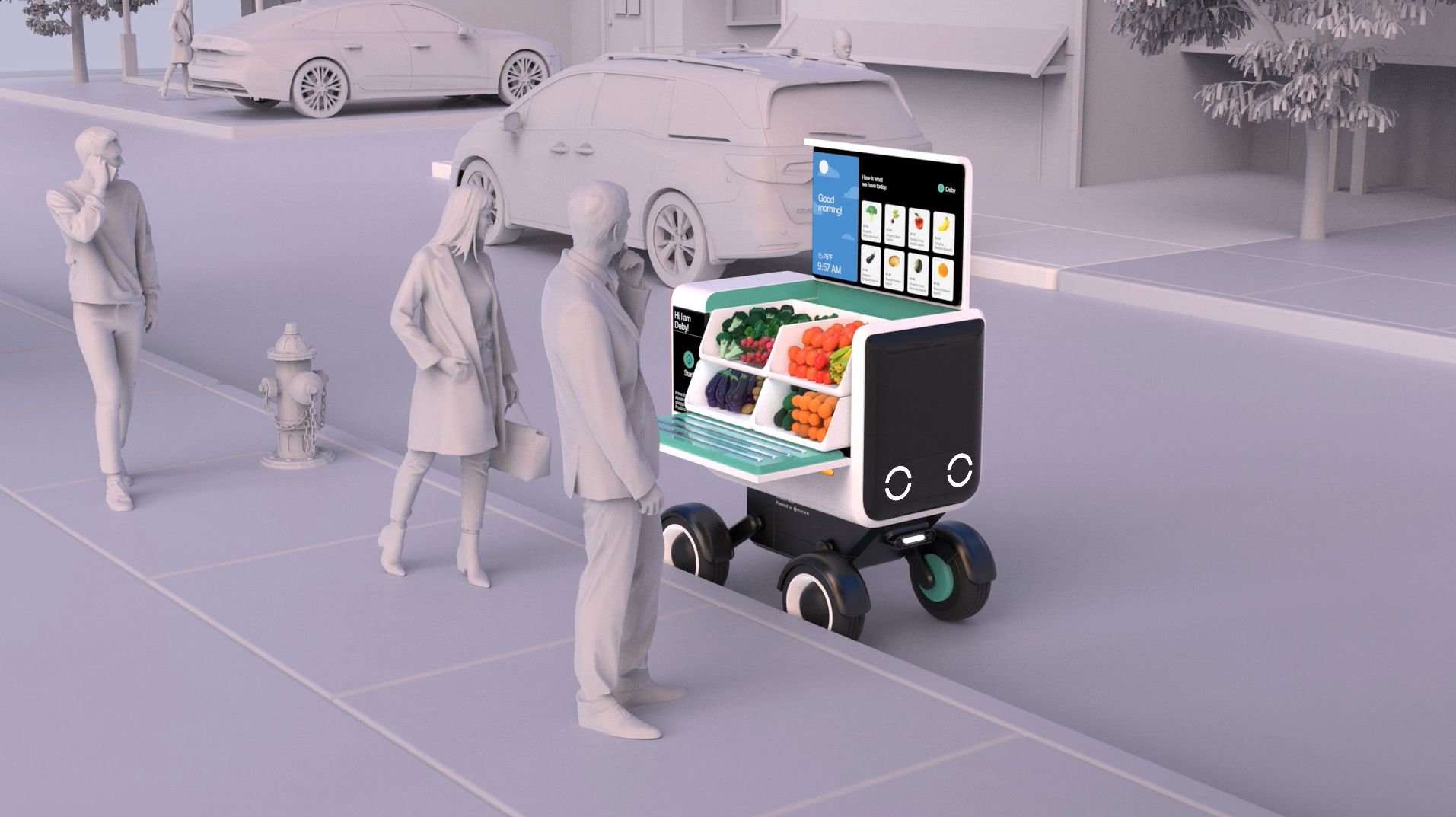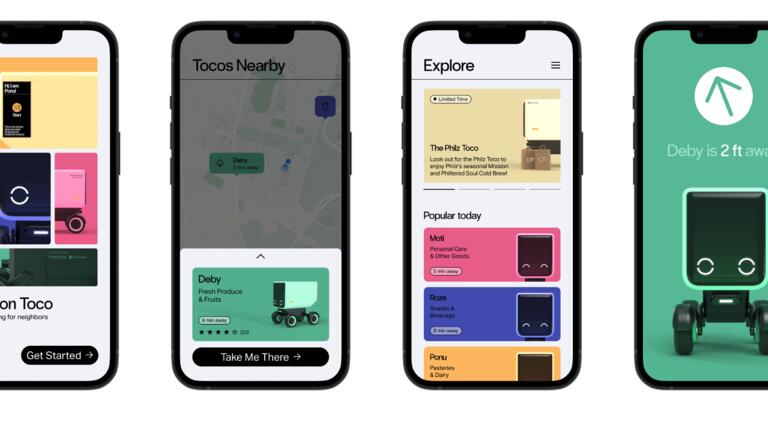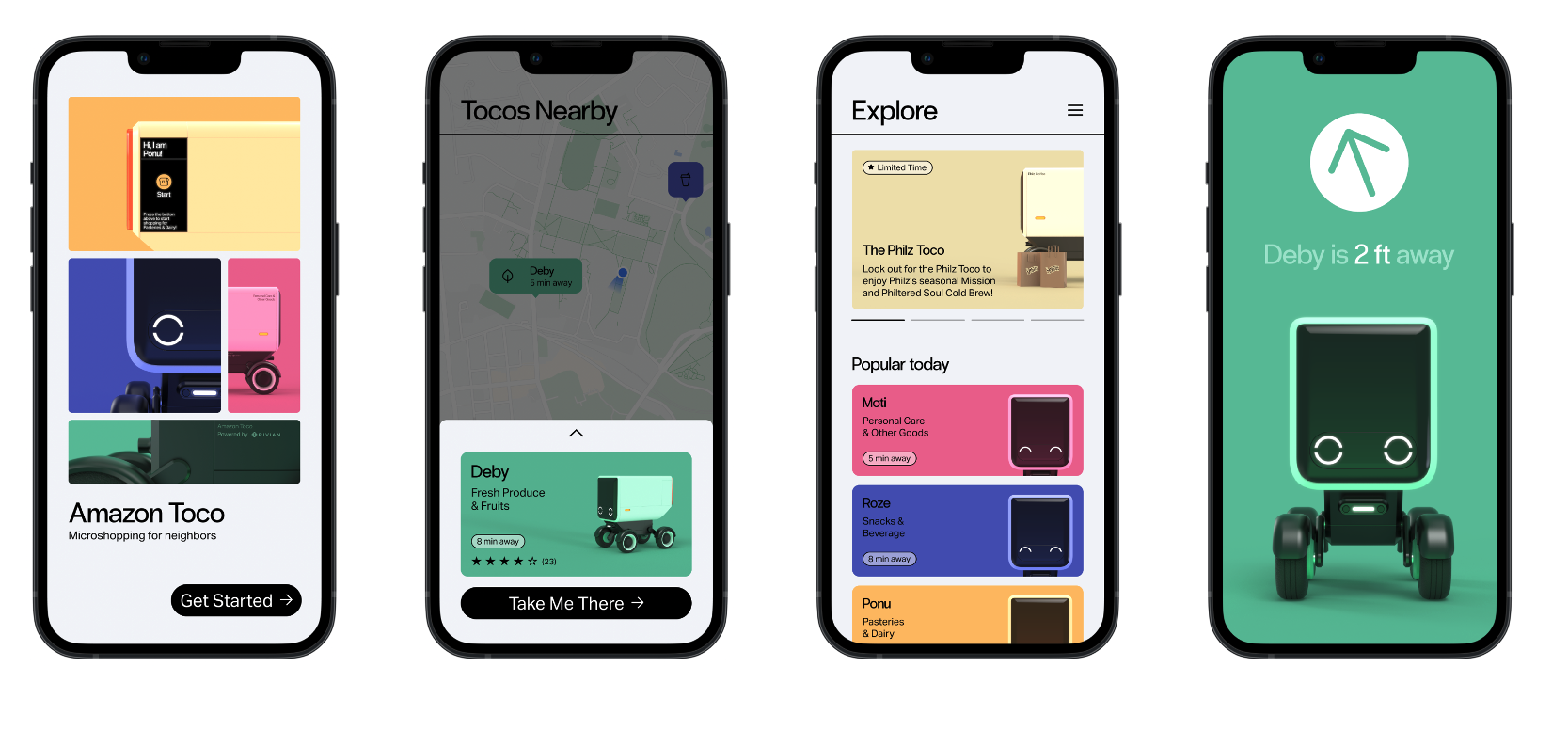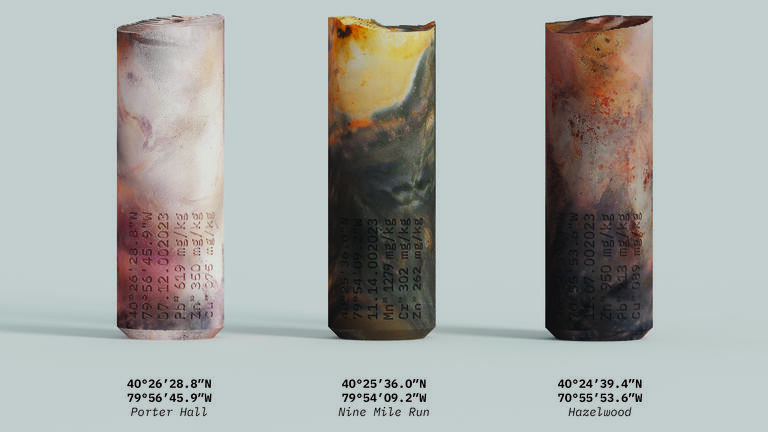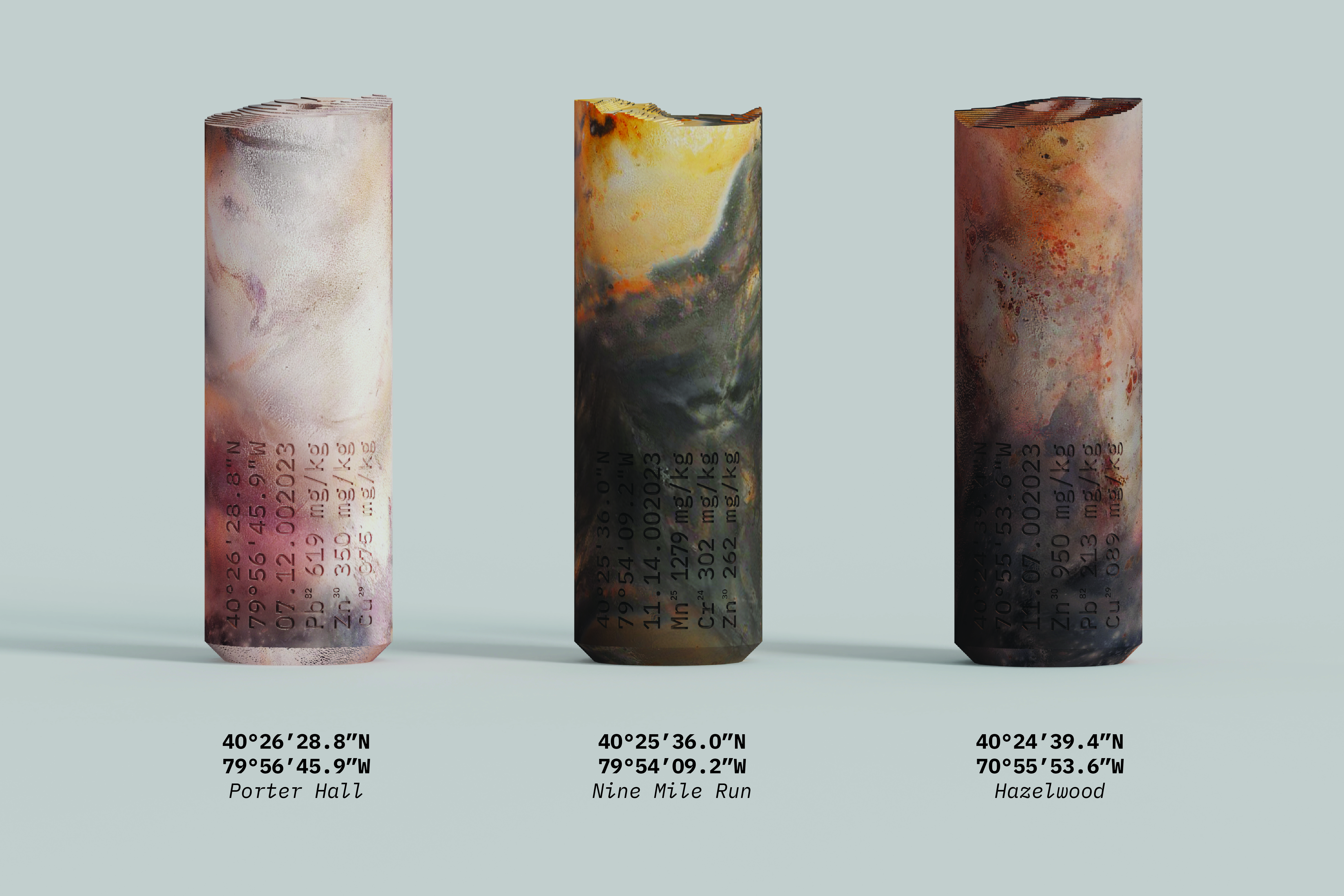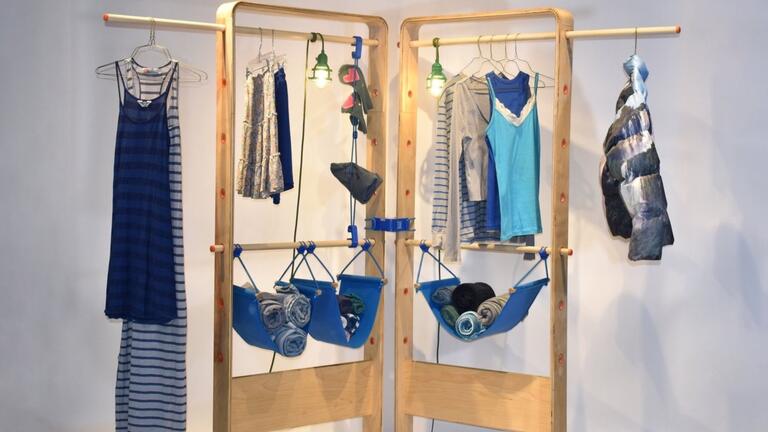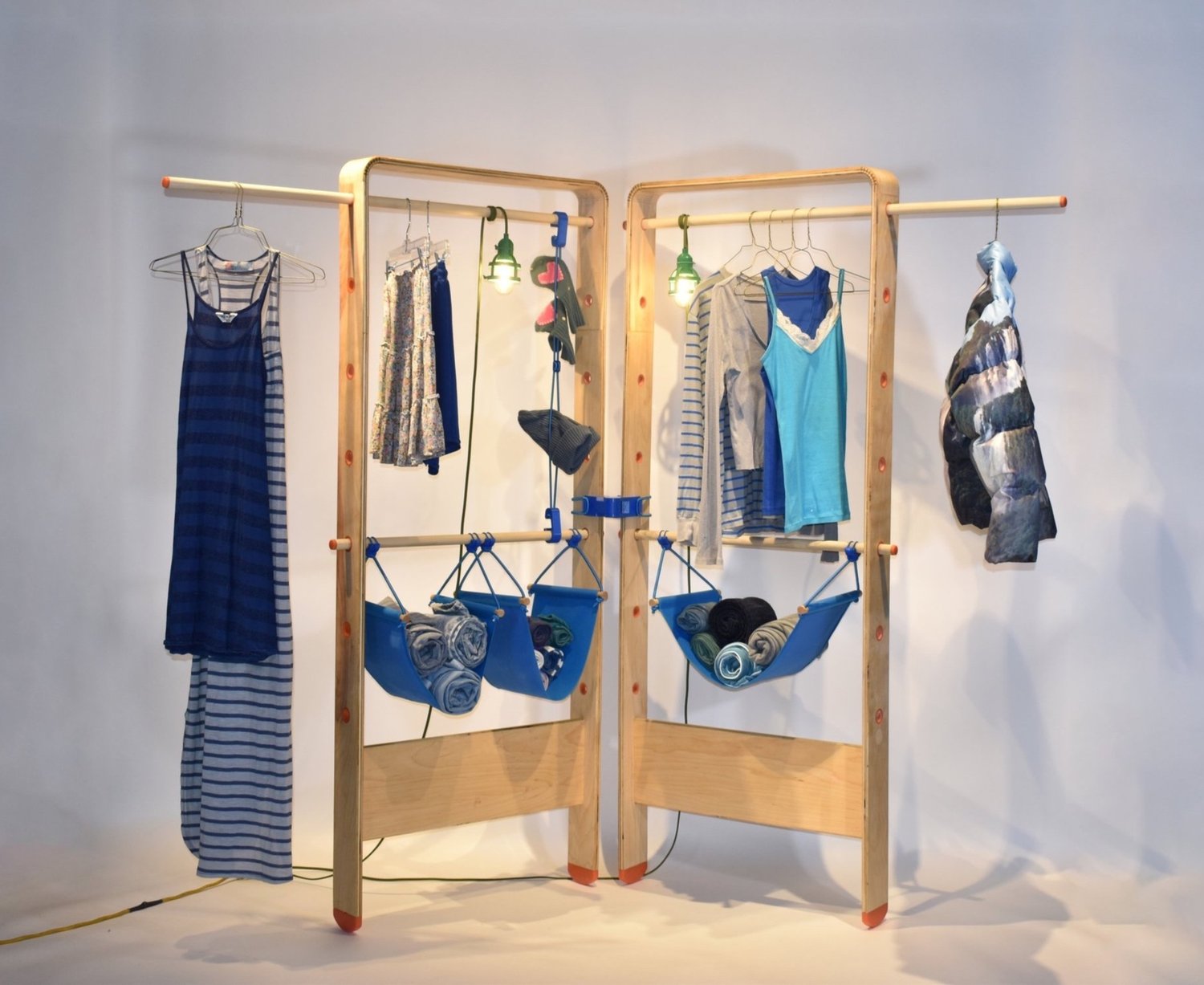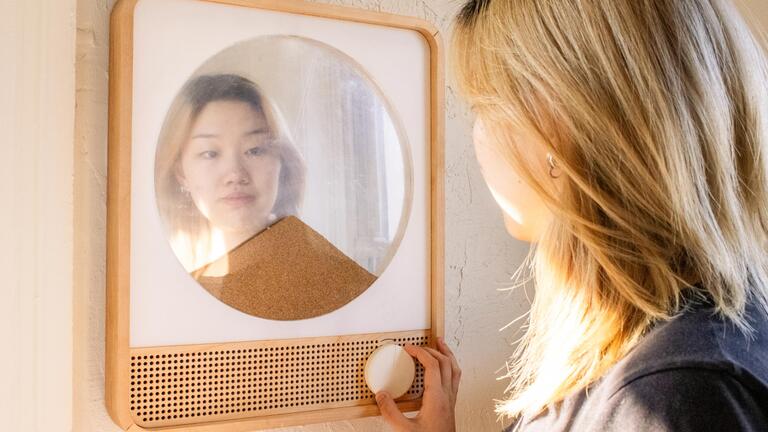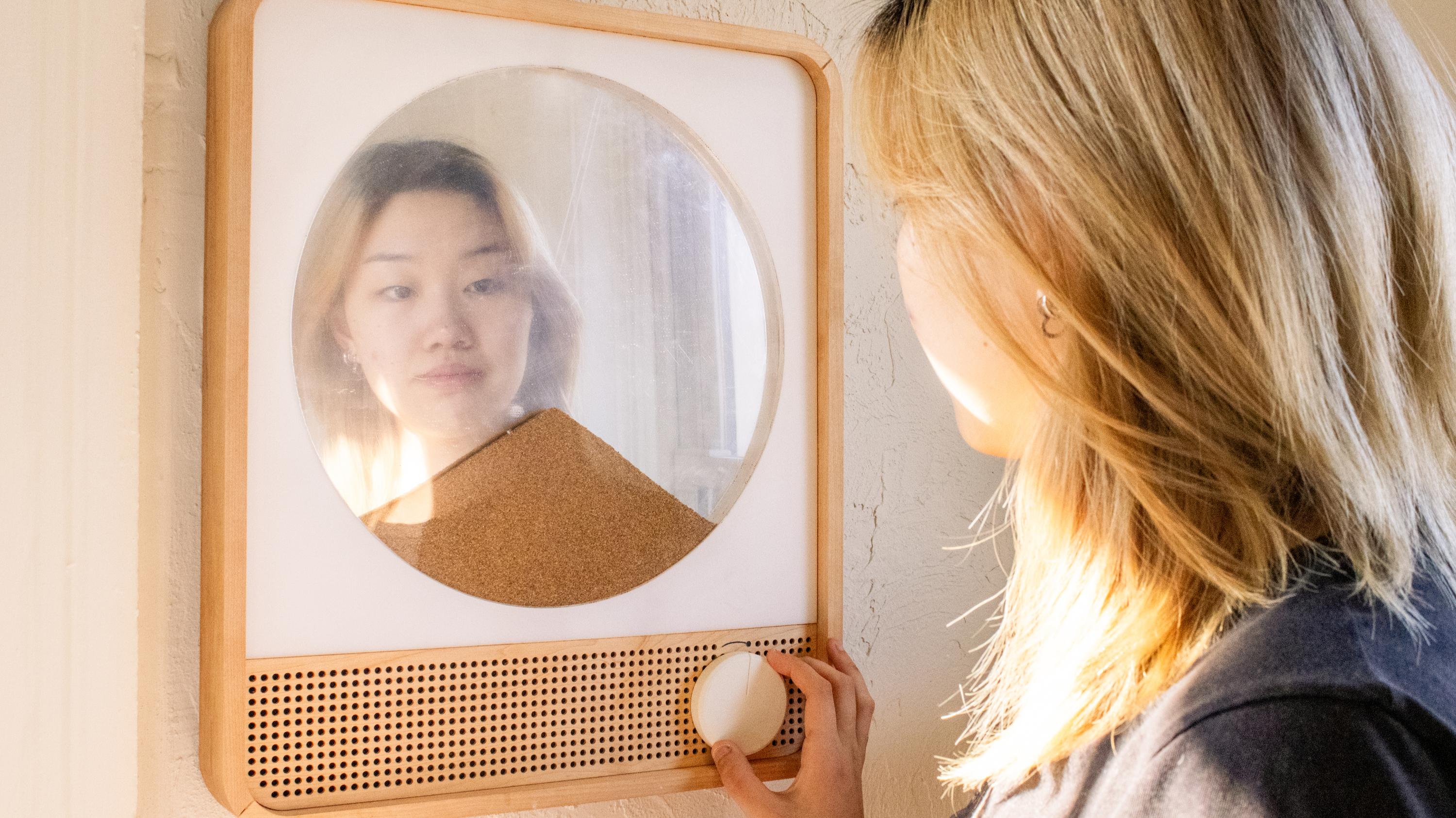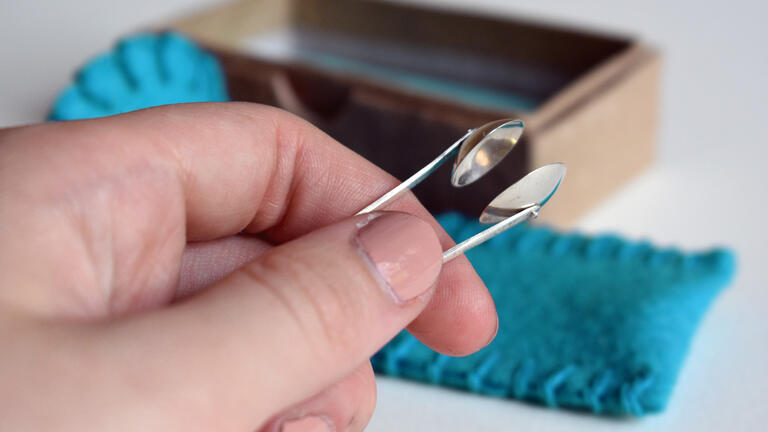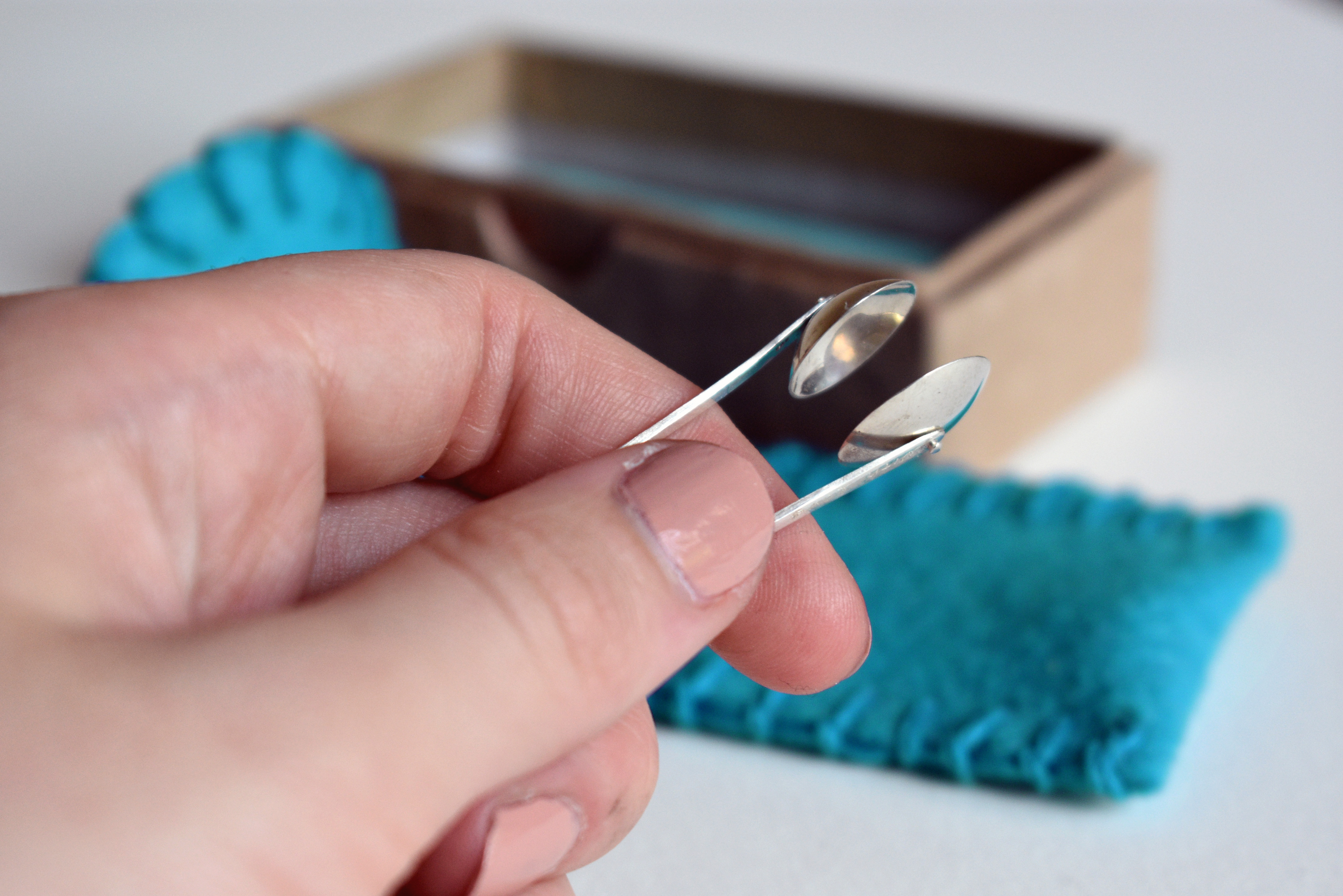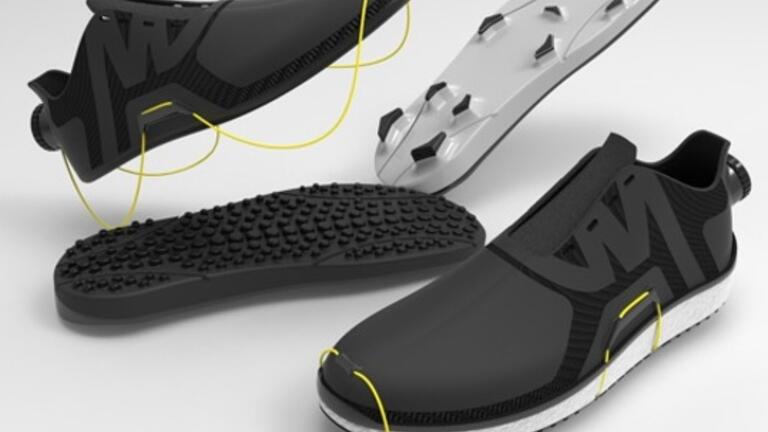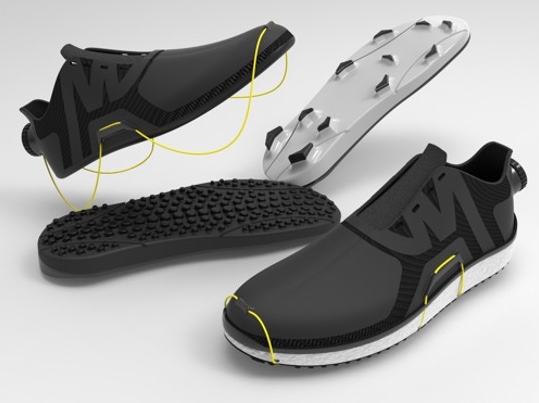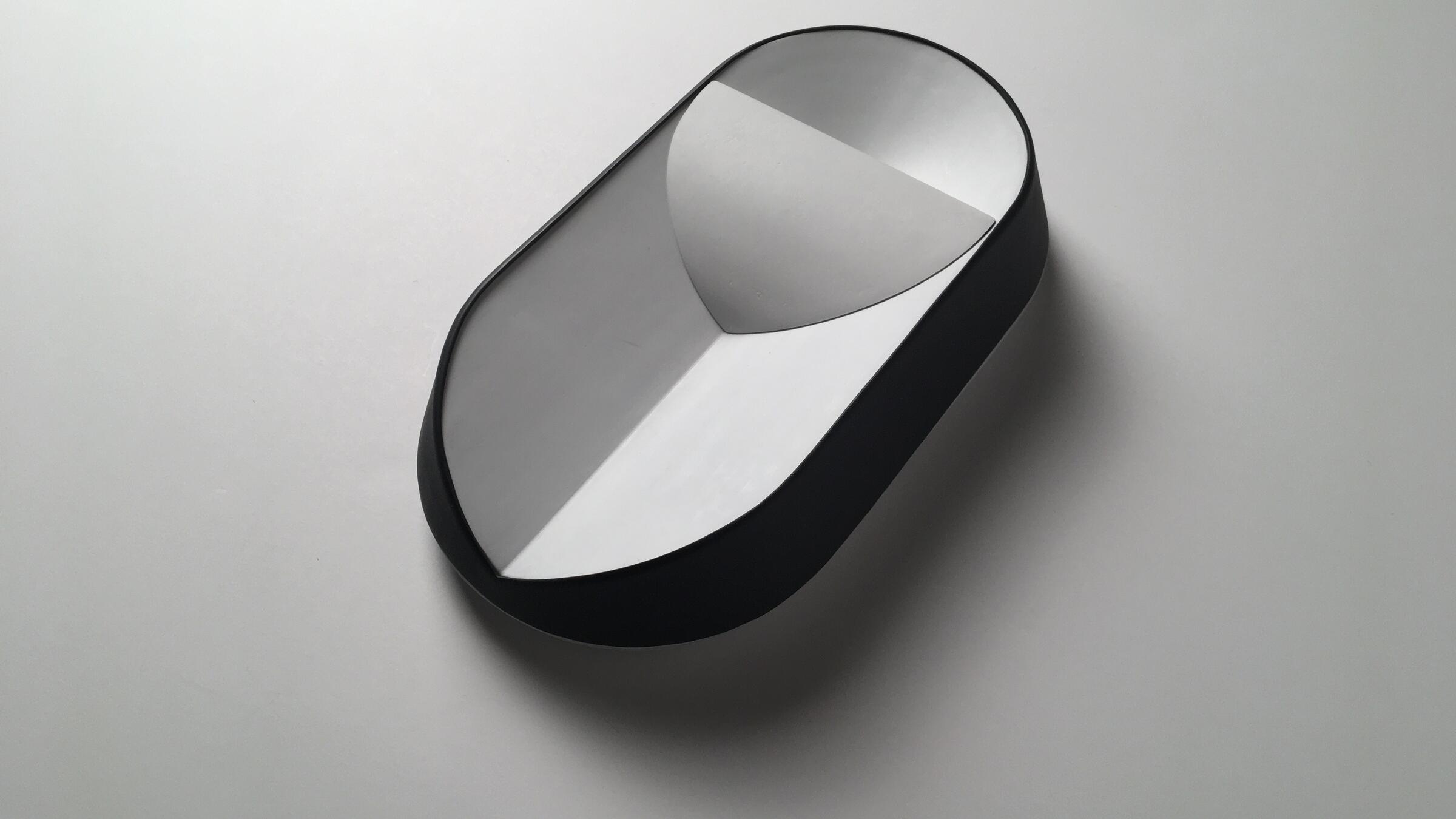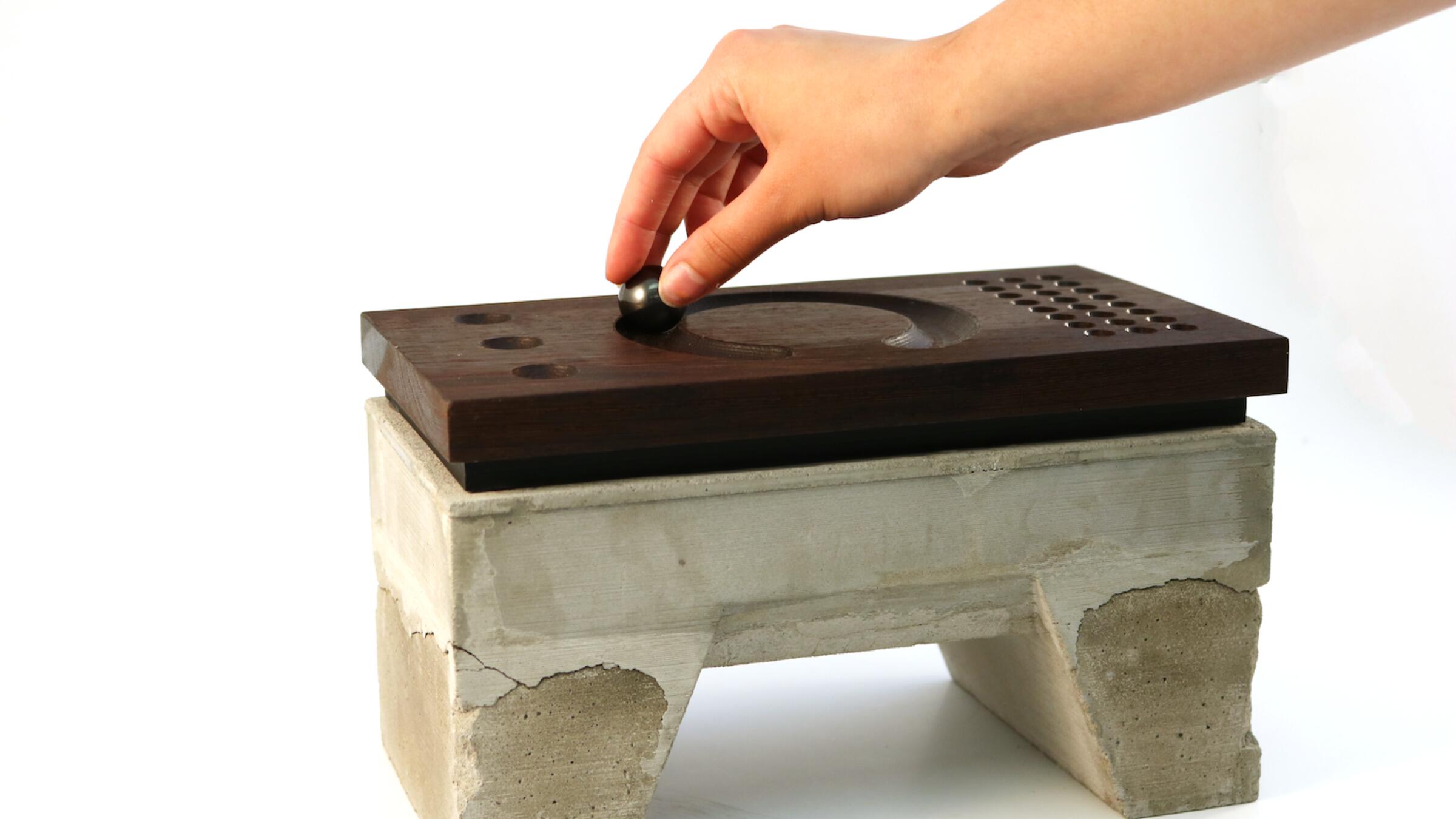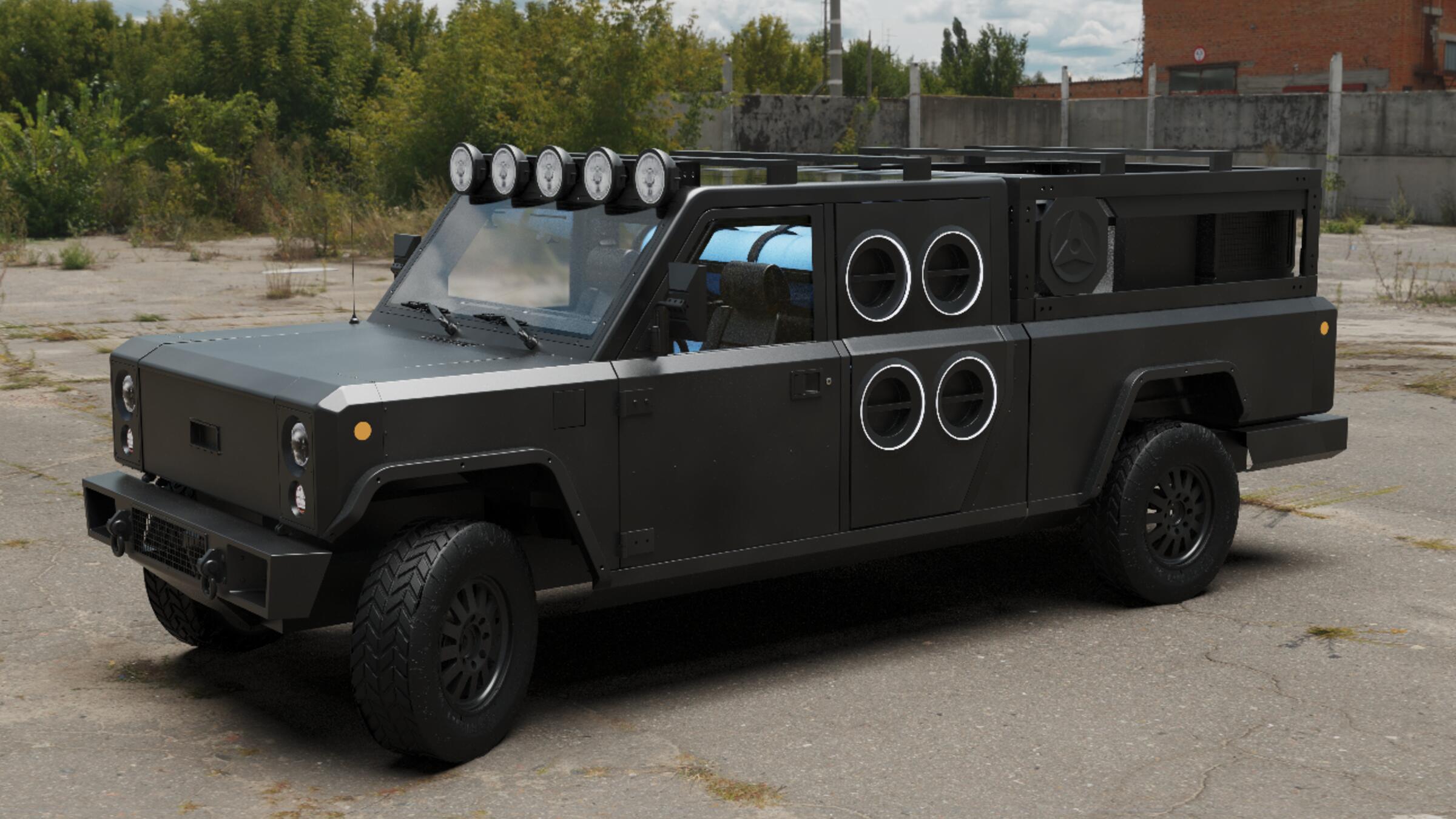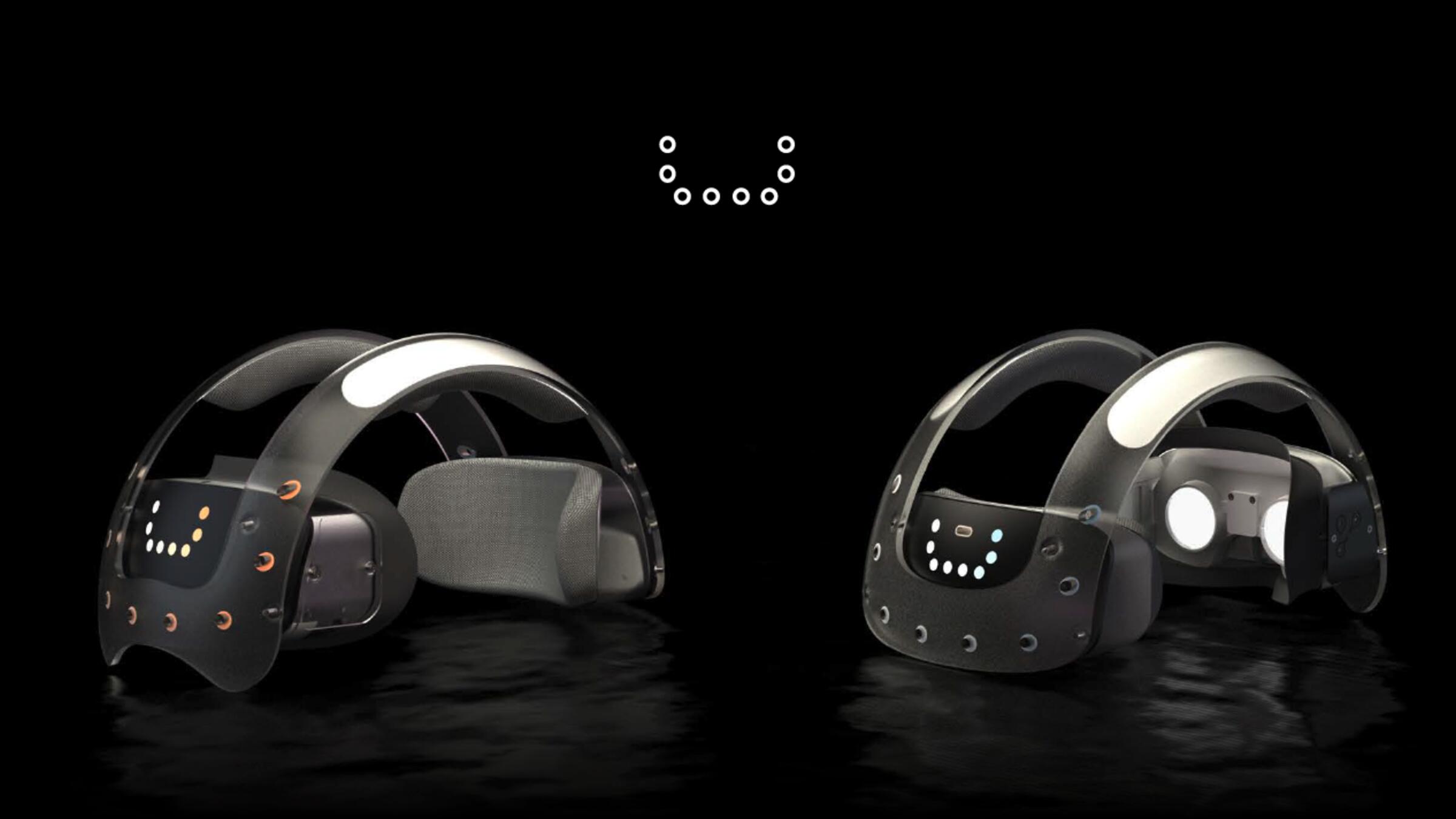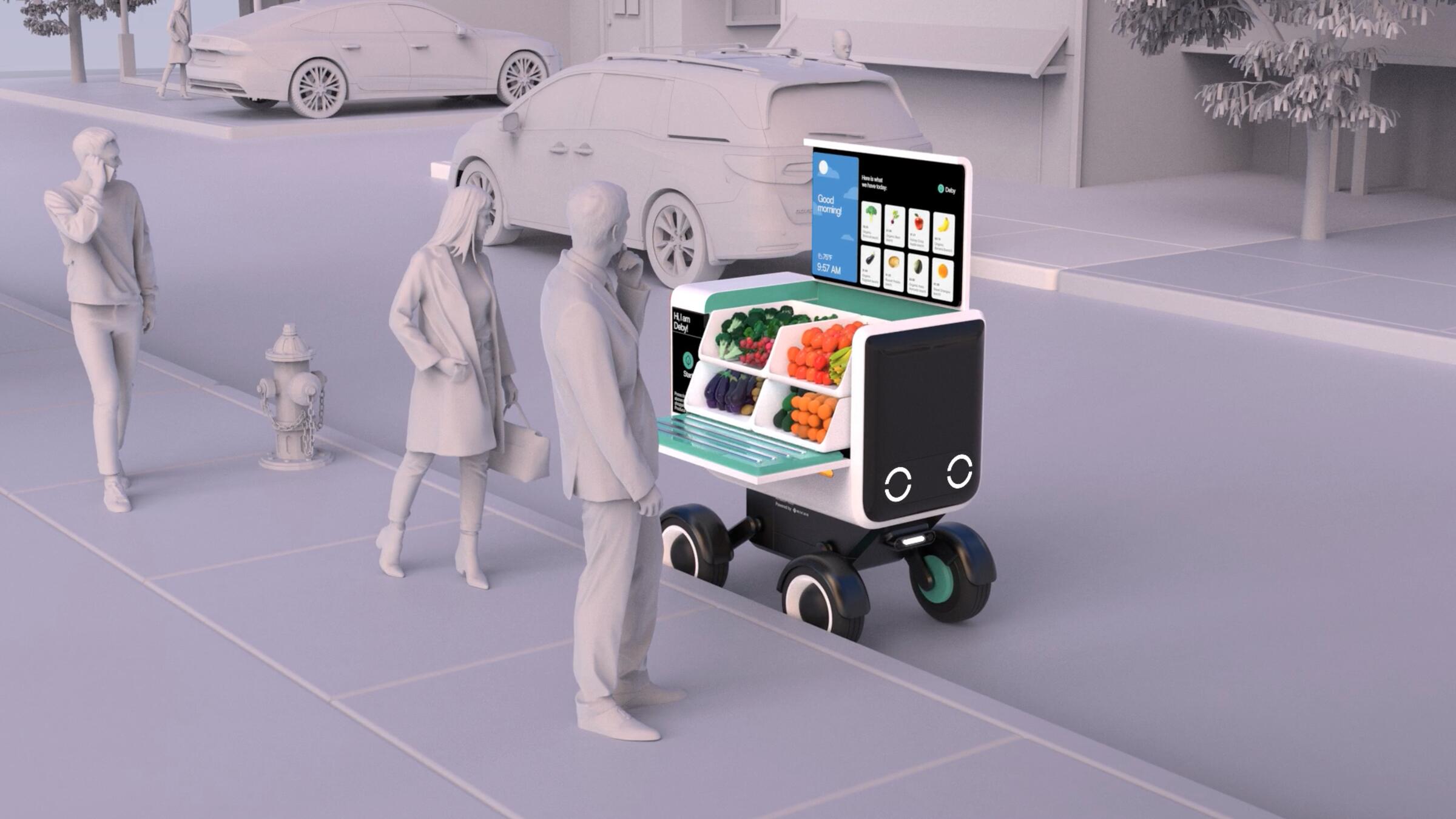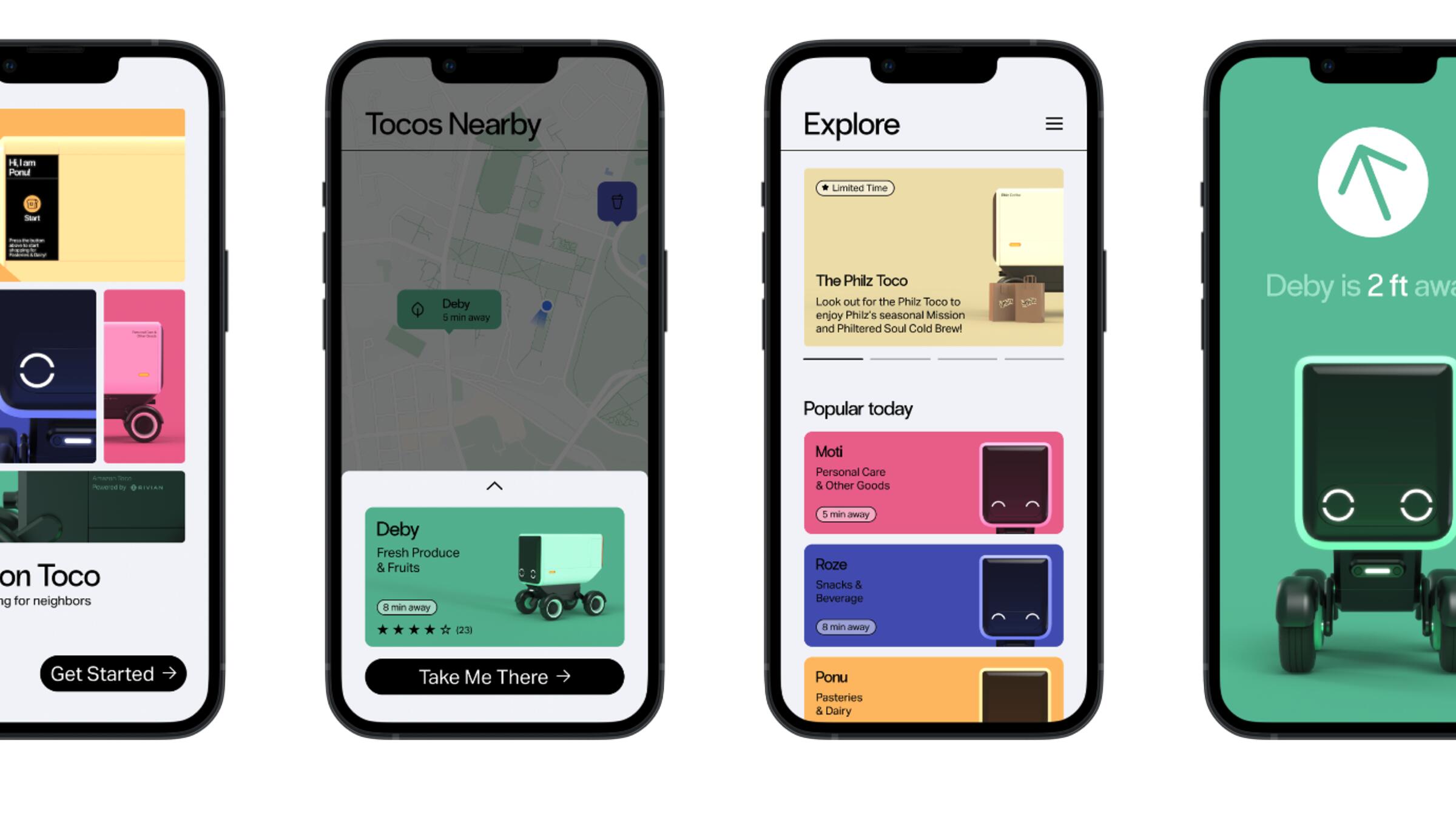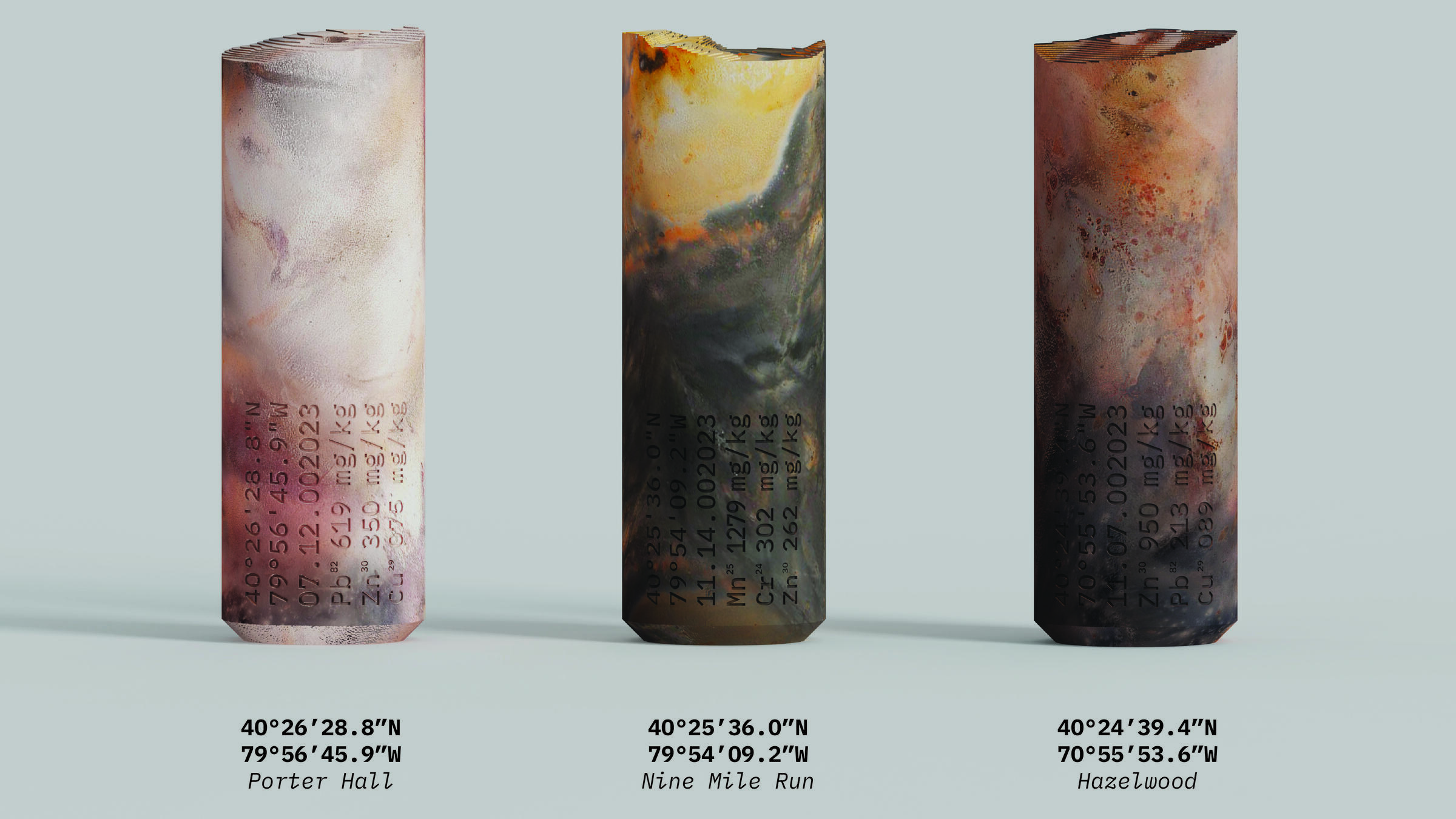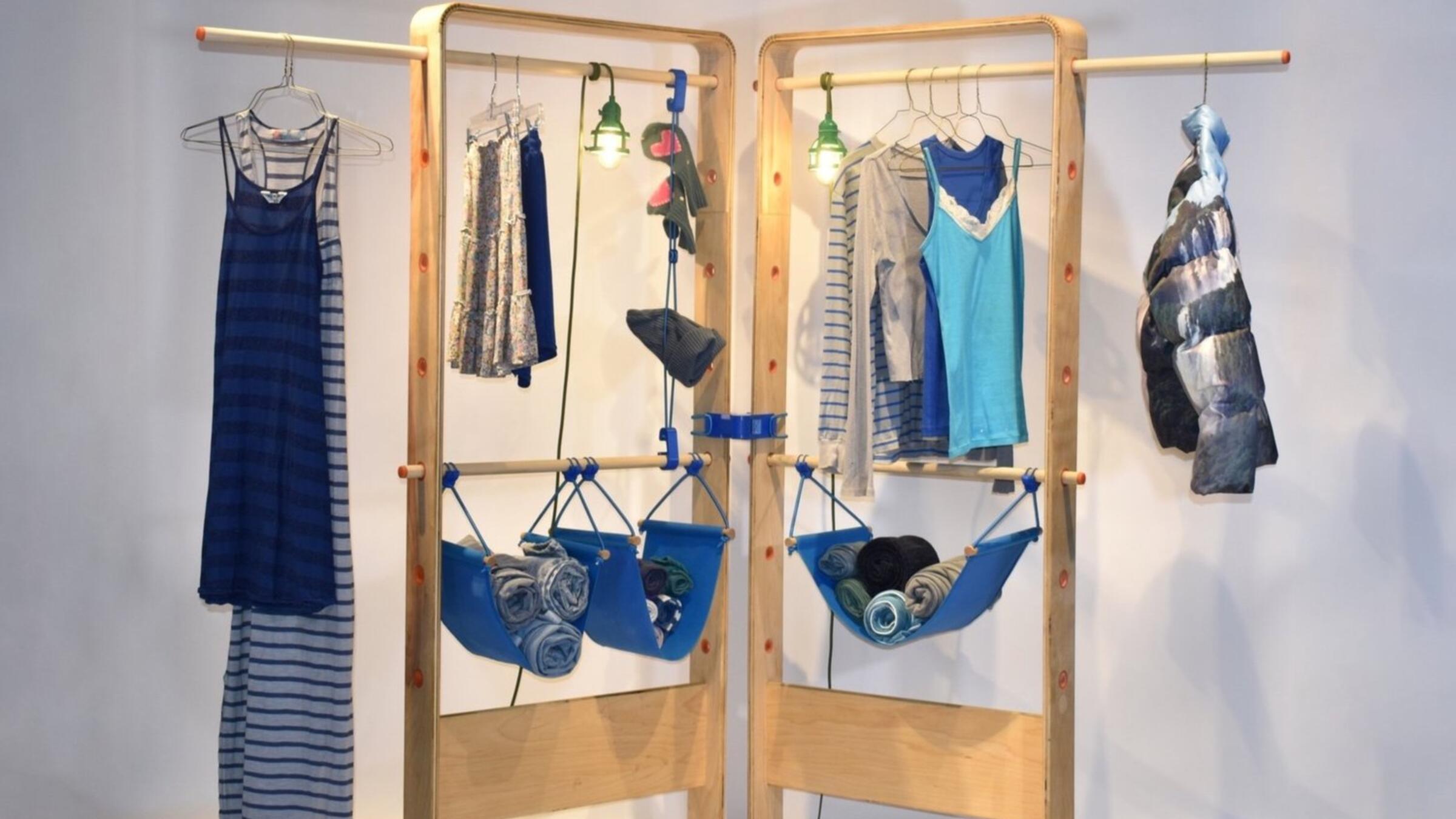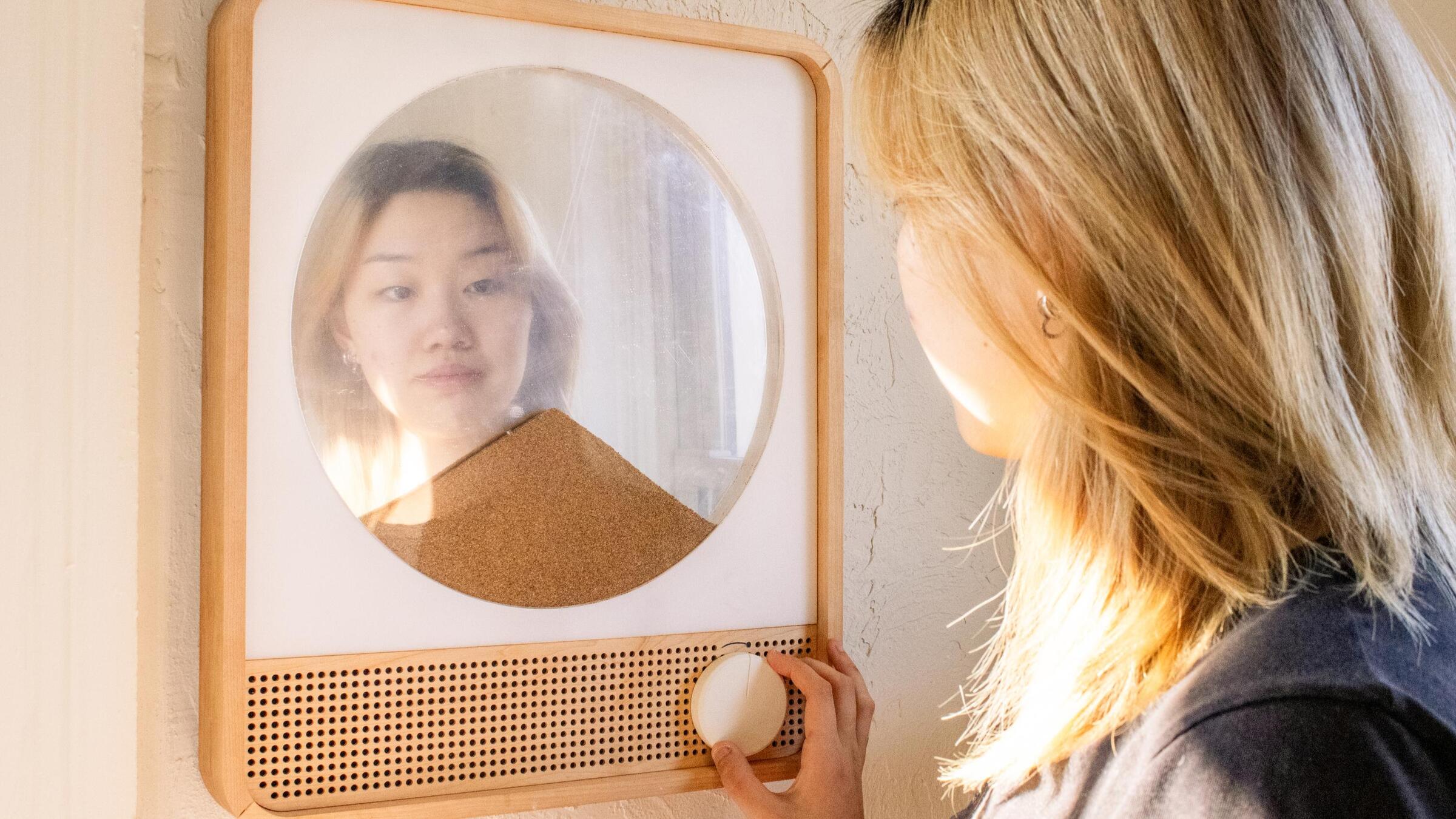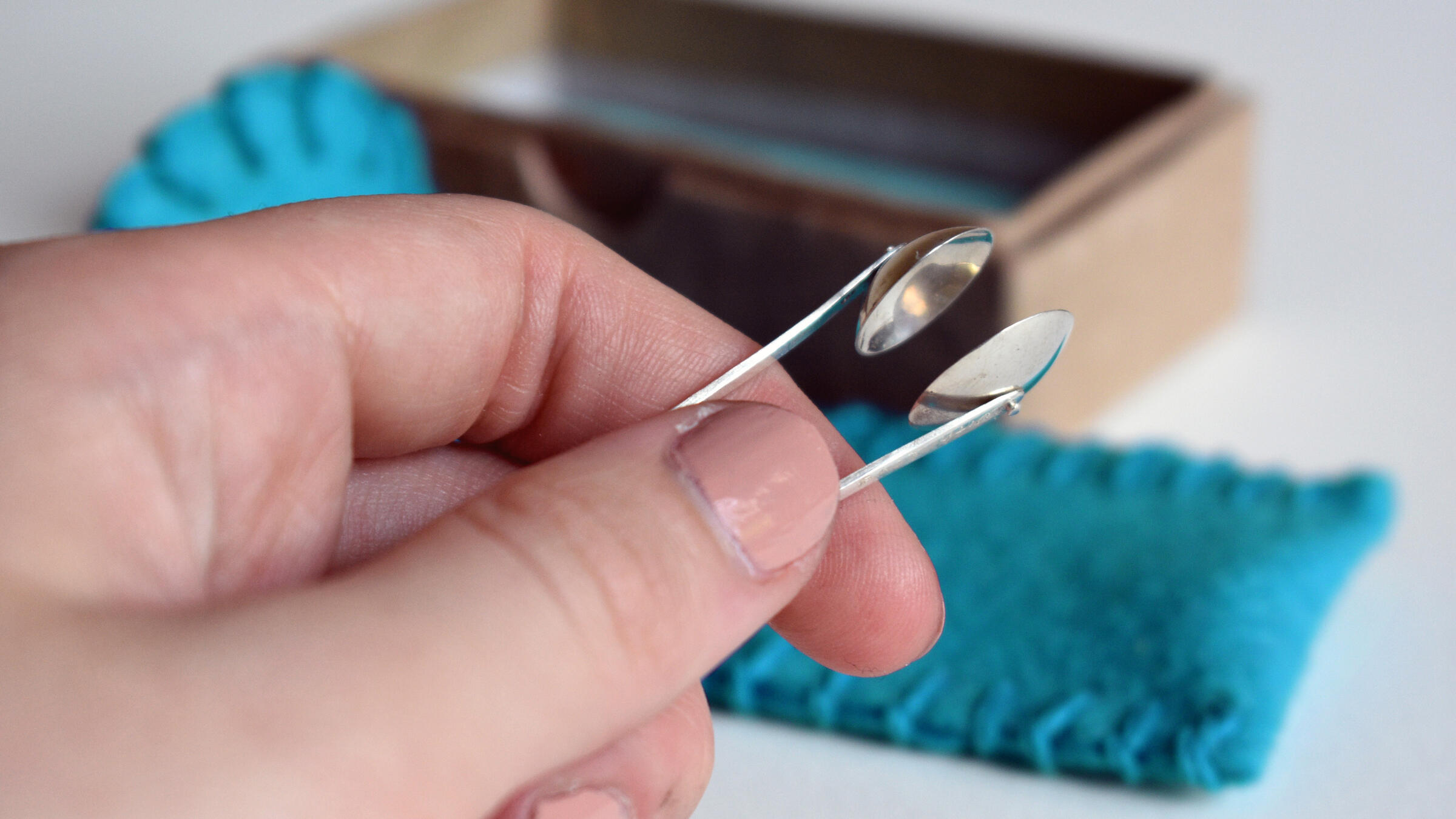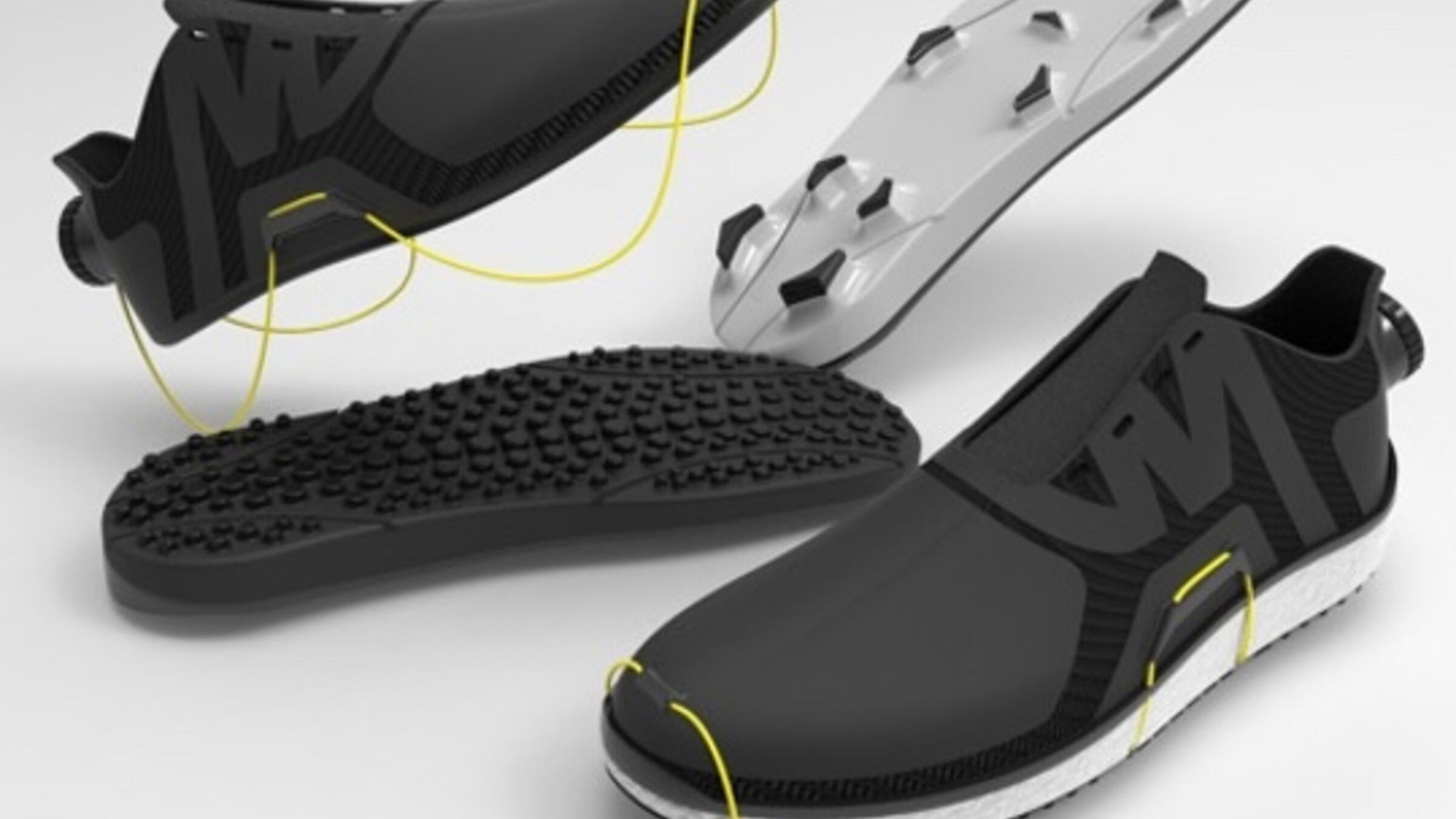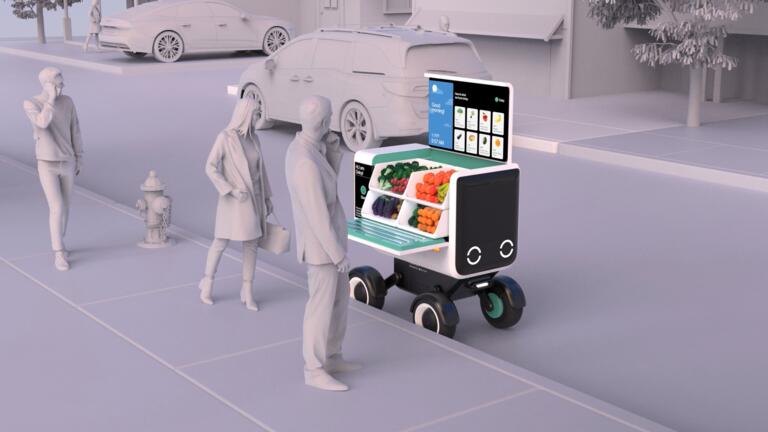
Products
In the School of Design, we believe 21st century product design is about designing with purpose and shaping experiences that are sustainable, meaningful, and responsive to our rapidly changing world. As a student in our Product Design track, you’ll take courses that will prepare you to be a systems-level thinker, to visually communicate complex ideas, and to design products for positive impact. As you engage in iterative and collaborative design processes, you’ll expand your knowledge and skills through human-centered research, modeling, evaluation, and critique. You’ll also learn about current production and manufacturing processes and explore new mediums and methods for creating thoughtful and responsible design approaches.
How we work
Instruction in the Product Design track blends theory and practice, enabling you to translate design thinking into sophisticated proposals, models and prototypes. You’ll utilize the traditions of both hand-crafted and industrial-made objects as you apply theory in highly material ways—refining how to express ideas and design innovation through artifacts. The primary studio curriculum is sequential and cumulative. Each year in the program, you’ll develop your unique product design skill set that prepares you to break barriers between the world as it is and the world you envision.
The School of Design provides Product Design students with access to its Advanced 3D Prototyping Laboratory. You’ll not only learn to use traditional power equipment such as bandsaws, routers, sanders, lathes, and table saws, but you’ll also gain experience with digital tools such as CAD modeling and rendering software; output tools such as laser cutters, 3D printers, and CNC milling machines; and specialty equipment for electronics, industrial sewing, and more.
Our Product Design track is also supported by Design Studies courses that introduce themes that will help you expand and refine your practice. Within one of the most technologically advanced and well-rounded universities in the world, you’ll discover unique ways of operating as a designer and engage with engineering, CS/HCI, robotics, business, entrepreneurship, and the humanities in educational and research opportunities that complement your core design training.
Our History
The School of Design is one of the oldest Industrial Design programs in the world, and is considered one of the top international programs for ID education.
In the 1920s, Carnegie Tech offered Industrial Design classes in collaboration with regional technology and manufacturing partners such as Westinghouse. These classes aimed to provide state-of-the-art instruction for this newly defined discipline, blending technology and production with human experience, lifestyle, and the emerging consumer market. An applied creative practice was formed, one that was distinct from art and engineering, yet shared attributes of both.
In 1934, Carnegie Tech initiated the first degree-granting Industrial Design program in the United States and has since contributed to advancing the discipline through scholarly research, industry partnerships, innovative projects, and curriculum development. Today's Product Design track continues the legacy of the Industrial Design program and prepares students to design for physical, digital, and hybrid "phygital" worlds, — set against the backdrop of social, environmental, and technological issues.
Our Alumni
Our 4-year program will prepare you to work in many industries, including industrial products, safety devices, mobility and transportation, digital devices, medical and sporting equipment, apparel and soft goods, household goods and appliances, furniture, and architectural fixtures.
Many of our alumni work across disciplinary boundaries. Most pursue careers in product development in New York City, Chicago, San Francisco, Seattle, Detroit, Los Angeles, and here in Pittsburgh. Some pursue careers in tech or UX industries.
Our alumni have worked for companies such as Adidas, Adobe, Amazon, Apple, Autodesk, BMW, Deloitte, Facebook/Meta, FCA Fiat Chrysler/Stellantis, Frog Design, General Motors, Google, Herman Miller, IBM, IDEO, Instagram, Lyft, Microsoft, New Balance, Nissan, Proctor and Gamble, Puma, Salesforce, Smart Design, Radio Flyer, Rivian, Salesforce, Tupperware, Uber, VW/Audi, Whirlpool, Waymo, and many more. Others have founded their own product design consultancies or launched their own businesses, bringing innovative products to market such as the Bollinger Motors All-American Electric Truck.
Notable alumni have been associated with the design of the iPhone and iOS interface, the Nike Fuel Band, BMW's bobsled for Team USA in the 2014 Olympics, the GoPro camera, Warrior Hockey equipment, Roku, the Nest thermostat, and OXO housewares. Many of our alumni stay connected with our program as guest reviewers and informal mentors—aiming to inspire the next generation of designers.
